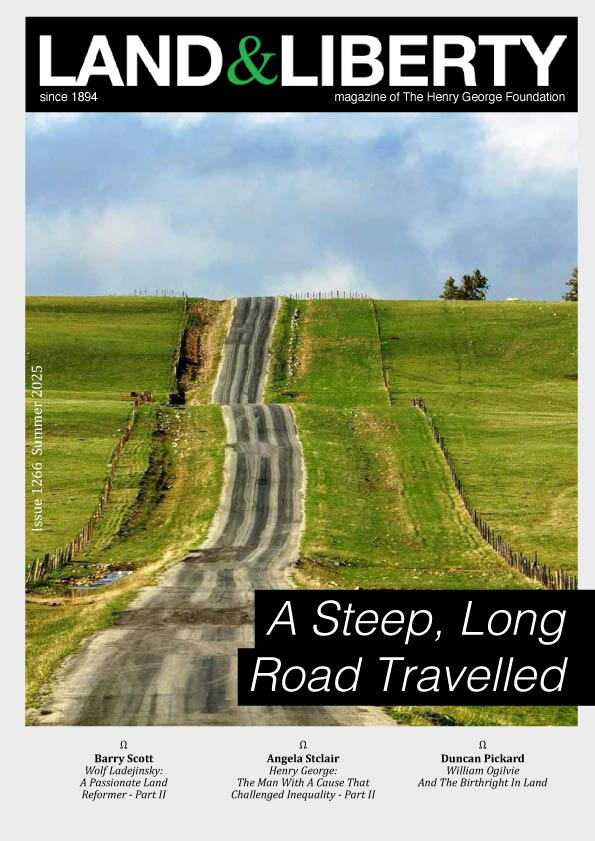Get Updates
HGF Friday Evening Programme Summer 2015
PROGRAMME FOR FRIDAY EVENING CLASSES – Fridays 6:40 to 8:10pm
| Date | Wk No | Tutor | Topics |
| 08/05/15 | Wk 1 | Richard Bolton | Economics: Exploration of Debt |
| 15/05/15 | Wk 2 | Joseph Milne | Plato’ Laws |
| 22/05/15 | Wk 3 | Richard Bolton | Economics: Exploration of Debt |
| 29/05/15 | Wk 4 | ||
| 05/06/15 | Wk 5 | Joseph Milne | Plato’ Laws |
| 12/06/15 | Wk 6 | Richard Bolton | Economics: Exploration of Debt |
| 19/06/15 | Wk 7 | Joseph Milne | Plato’ Laws |
| 26/06/15 | Wk 8 | Richard Bolton | Economics: Exploration of Debt |
| 03/07/15 | Wk 9 | Joseph Milne | Plato’ Laws |
| 10/07/15 | Wk 10 | Richard Bolton | Economics: Exploration of Debt |
Programme for Library Group Friday afternoon 2.30 – 4 pm
| 12/06/15 | Wk 6 | Climate Change – a wake up call with David Cotton and his new book |
|
| 19/06/15 | Wk 7 | Guanzi – Ancient Chinese masterpiece on Political Economy – with Tommas Graves and Michael Learoyd |
|
| 26/06/15 | Wk 8 | Henry George economic writings – a way forward – with Michael Learoyd |
|
| 03/07/15 | Wk 9 | Benefits/tax credits – with John Baddeley |
|
| 10/07/15 | Wk 10 | Magna Carta 1215/1216/1225 – inspiration for 2015? – with Tommas Graves and Michael Learoyd |
|
The Henry George Foundation of Great Britain
Presentations for Summer term 2015
The Library Group and the Friday evening meetings continue for the summer term commencing on 8th May. Please see the programme attached. The Library Group will include a varied series of presentations as shown on the programme: the evening meetings will introduce a new study on the subject of debt as well as continuing the study of Plato’s laws.
Debt: The First 5000 Years (study based on a book by David Graeber)
Presenter: Richard Bolton
What the Foundation, inspired by Henry George, is primarily dedicated to is discovering and teaching principle in economics/natural law. This term, over the course of five evenings, the HGF Friday Evening Meeting will be exploring key extracts from Debt: The First 5000 Years by David Graeber. Our exploration will be in the spirit of deepening understanding of economic principle in what we find having recourse to George’s teaching where appropriate. Drawing upon the history and anthropology of a wide range of civilizations, Graeber’s writings provide good considerations of the nature of debt and its impact upon the fabric of society. How does the imprecise, informal, community-building indebtedness of “human economies” stand in contrast to mathematically precise, legally enforced, debt? Controversially, we will also consider whether standard economic accounts of the history of money are true, whether cash and barter transactions emerged as natural and inevitable developments on the path towards social progress.
At a time when ideas of ‘indebtedness’ and ‘austerity’ preoccupy political discourse, we are called to reflect upon our ethical relationships, one to another, and consider what is truly in the common good.
Debt: The First 5000 Years by David Graeber –
‘The book is more readable and entertaining than I can indicate… It is a meditation on debt, tribute, gifts, religion and the false history of money. Graeber is a scholarly researcher, an activist and a public intellectual. His field is the whole history of social and economic transactions.’ – Peter Carey, The Observer.
Plato’s Laws (translation by Thomas L Prangle)
Presenter: Joseph Milne
Students of Henry George have found the study of Plato’s Laws enormously valuable and illuminating. At the heart of the study of economics lies the question of justice, and the nature of a truly just society. This raises questions of property, of money, of debt, of education, of ethics and the meaning of citizenship, and the kinds of laws a society lives under. Coming at these questions through Plato’ Laws allows us to step outside the many ideas and assumptions of our times and view these great questions afresh. At the heart of George’s teaching lies a vision of society living in accordance with natural law, a vision of the potential of society should it discover the profound but simple laws of economics and social justice. In this sense George belongs with the great tradition of natural law that was born in classical Greece, and which shines in the writings of the Roman philosophers and Christian Church Fathers.
You will be welcome to attend any or all of these presentations.
Donate Today
Bank Transfer
DonateHelp us minimise transaction fees and administrative costs by donating via bank transfer.
PayPal
To Gift Aid your donation, please request a Gift Aid Declaration Form >

